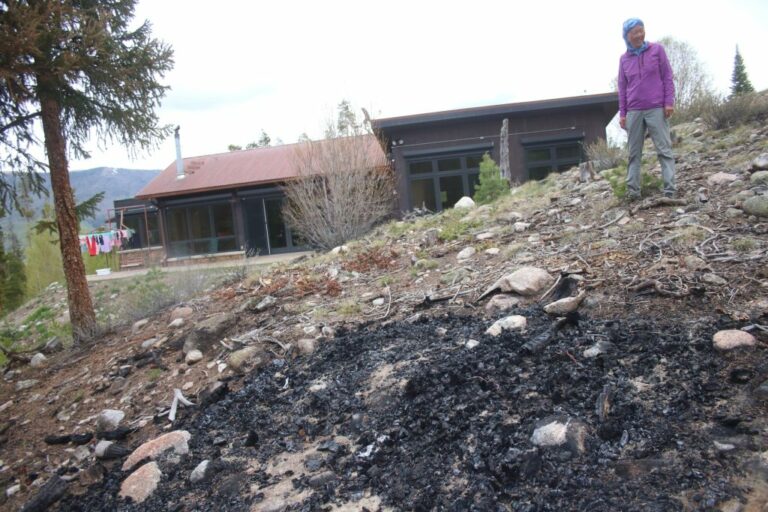Colorado’s Insurance Landscape and Wildfire Risk
Colorado homeowners have been facing skyrocketing insurance premiums, with a 52% increase for single-family homes between January 2019 and October 2022. Mountain towns have seen even steeper rises, with some multifamily building premiums increasing by over 1,000% in recent years. The state’s exposure to severe weather events, including wildfires and hail, has made it a costly place for insurers to operate.

In response to these challenges, Colorado has introduced House Bill 1182, signed into law last month by Gov. Jared Polis. The legislation mandates that insurance carriers consider homeowners’ wildfire mitigation efforts when determining premiums. This includes both property-specific actions, such as creating defensible space and hardening homes against wildfires, and community-level initiatives like forest treatment and fuel reduction projects.
Mitigation Efforts and Insurance Premiums
Homeowners like Lisa Lewis in Silverthorne have already taken significant steps to mitigate wildfire risk. Lewis’s neighborhood partnered with the U.S. Forest Service and county government on a $500,000 fuels reduction project in 2022. Despite receiving certification from Firewise USA, Lewis’s insurance company initially didn’t recognize these efforts when calculating her premiums.

The new law aims to change this by requiring insurers to publicize potential discounts for mitigation work, provide information on risk calculation, and allow homeowners to appeal their risk scores. Insurers must consider ‘property-specific mitigation actions’ and ‘community-level mitigation activities’ when assessing risk.
Industry Response and Implementation
The insurance industry has shown receptiveness to the bill, viewing it as an educational measure for homeowners. Carol Walker of the Rocky Mountain Insurance Association noted that the law’s emphasis on ‘meaningful, verifiable’ mitigation work tied to industry-recognized standards could lead to discount programs for homeowners.

While the law doesn’t take effect until July 2026, Colorado Insurance Commissioner Mike Conway believes homeowners may see benefits sooner. The state is also exploring other initiatives to stabilize the homeowners insurance market, including a FAIR Plan for hard-to-insure properties and potential future legislation addressing the root causes of rising insurance costs.
Looking Ahead
As Colorado continues to grapple with the challenges of wildfire risk and insurance affordability, the success of House Bill 1182 will be closely watched. By incentivizing mitigation efforts and promoting transparency in insurance pricing, the state aims to create a more resilient and sustainable insurance market for its residents.


